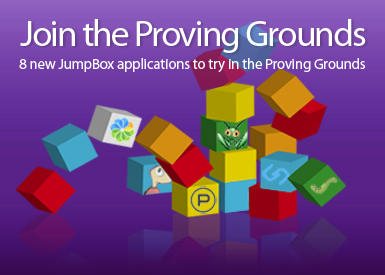Wow, the volume of commentary around the OpenSocial announcement last week is enormous. Let me explain why all the doomsday predictions for Facebook are off the mark. Here is an analogy:
Saying OpenSocial will kill Facebook is like predicting that Orbitz will kill SouthWest Airlines.
SWA still has superior value and user experience to any airline in the Orbitz consortium when it comes to reliable, affordable travel. And at the end of the day as a consumer of air travel you’re just buying a ticket and getting on a plane. Twenty-two competitors that have second-rate products don’t unite to form Voltron and having a bargain shopping aggregator doesn’t kill off the vendor who refuses to participate if he still has the best bargain for the customer. Likewise, having “one API to rule them all” is nice for developers writing applications for social networks but it takes more than that to make users of the abstaining network flee the place where all their friends are.
Josh Catone of ReadWriteWeb wrote an excellent analysis. Opening the platform and appealing to the developers to build applications is a tactic Facebook used to amplify their power and deliver the ultimate user experience while offloading the burden of developing compelling apps to external developers. Think of it as the development equivalent to a company’s reseller program only instead of leveraging external sales forces, they’re leveraging external development forces.
I share the same concern that Marshall Kirkpatrick expressed – for all the hype of OpenSocial, it doesn’t sound like it will truly be a 2-way street of open-ness as the name implies. It will be interesting to see how FB rolls with the punches but they shouldn’t have any more fear of OpenSocial than SWA has of Orbitz. They’ll participate when it makes sense. Maybe someone will write an abstraction layer that sits above FBML and OpenSocial XML? Maybe not and instead developers will have to write to both systems (like software vendors that write native Mac and PC installers)… Ultimately users go to the “clean well-lit place” that provides the best experience. As the industry moves inexorably towards open the underlying social network fabric becomes irrelevant (think IM channels – Gtalk, Yahoo, MSN, AIM, ICQ- irrelevant since Adium or Gaim is the interface that masks the underlying complexity). That Adium-equivalent for social networks will be the interesting piece at that point; a single dashboard that gives me one place to manage my digital identity easily in the way that Adium lets me forget what IM services I’m using and talk transparently to my friends regardless of the service they’re on.








